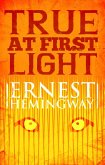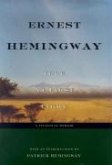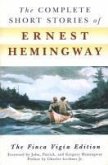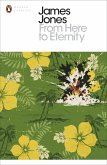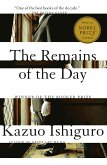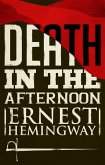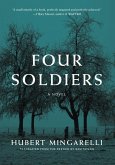A New York Times Best Book of the Year
Nobel Prize Laureate
Mazurka for Two Dead Men, the culmination of Camilo José Cela's literary art, opens in 1936 at the beginning of the Spanish Civil War: Lionheart Gamuzo is savagely murdered. In 1939, as the war ends, his brother avenges his death. For both deaths, the blind accordion player Gaudencio plays the same mazurka. Set in backward rural Galicia, Cela's excellent novel portrays a reign of fools, and works like contrapuntal music, its themes calling and responding, alternately brutal, melancholy, funny, lyrical, and coarse.
Hinweis: Dieser Artikel kann nur an eine deutsche Lieferadresse ausgeliefert werden.
Nobel Prize Laureate
Mazurka for Two Dead Men, the culmination of Camilo José Cela's literary art, opens in 1936 at the beginning of the Spanish Civil War: Lionheart Gamuzo is savagely murdered. In 1939, as the war ends, his brother avenges his death. For both deaths, the blind accordion player Gaudencio plays the same mazurka. Set in backward rural Galicia, Cela's excellent novel portrays a reign of fools, and works like contrapuntal music, its themes calling and responding, alternately brutal, melancholy, funny, lyrical, and coarse.
Dieser Download kann aus rechtlichen Gründen nur mit Rechnungsadresse in A, D ausgeliefert werden.
Hinweis: Dieser Artikel kann nur an eine deutsche Lieferadresse ausgeliefert werden.



